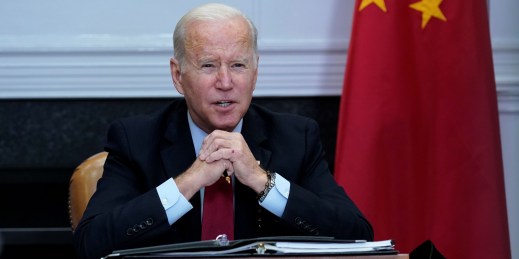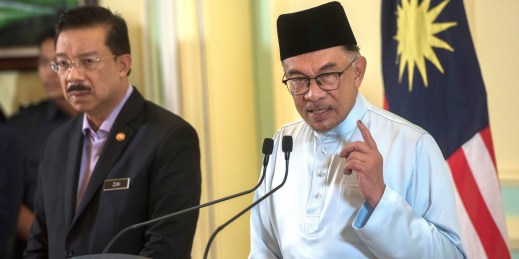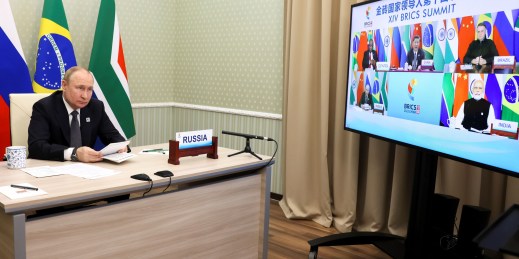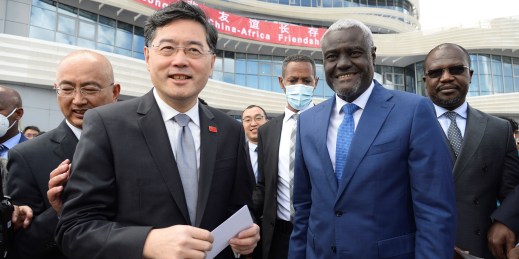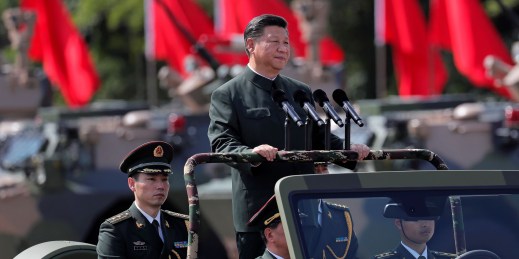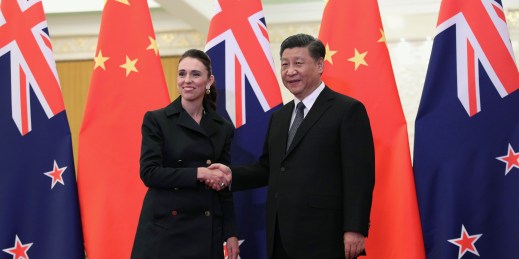
This week, with the first anniversary of Russia’s invasion of Ukraine approaching, major players on the global stage took the opportunity to articulate their view of Europe’s first interstate war since World War II, as well as how they want their role in the epicenter of the world’s principal geopolitical conflict to be perceived.

